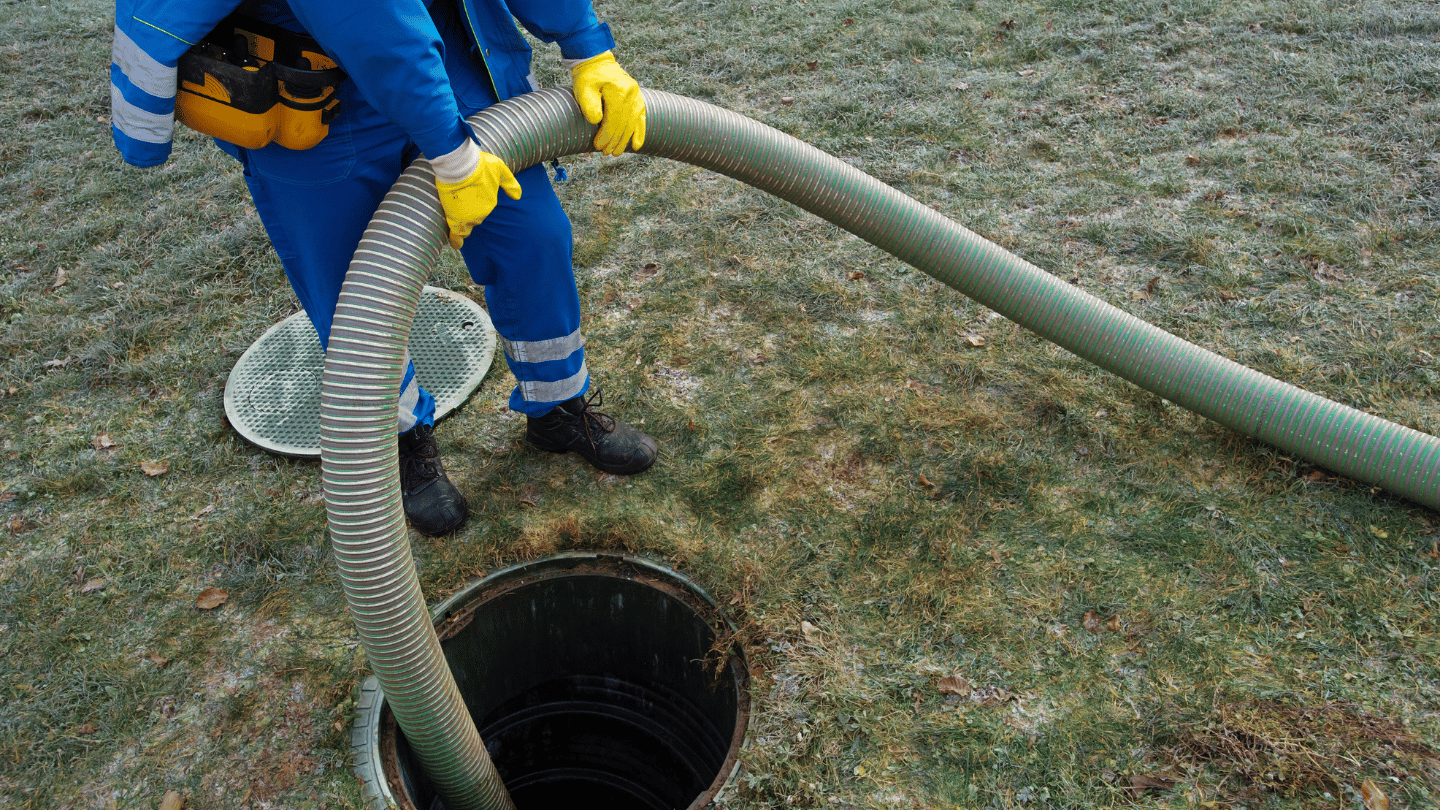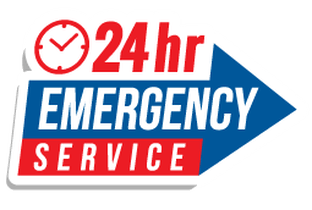Emergency Septic Services: What to Do When Your System Fails
A failing septic system can quickly turn into a homeowner’s nightmare. From sewage backups to foul odors, these emergencies can disrupt your home and create costly damages. Knowing how to respond effectively can minimize the impact and prevent further issues.
At First Call Septic Services Inc., we specialize in handling septic emergencies across Miami-Dade and Broward counties. Here’s what to do when your septic system fails.
1. Identify the Signs of a Septic Emergency
The first step is recognizing when there’s a problem. Common signs of a septic failure include:
- Sewage backups in sinks, tubs, or toilets.
- Unpleasant odors around your property or near drains.
- Standing water or soggy soil over the drain field.
- Slow draining plumbing fixtures throughout your home.
- Gurgling noises from your pipes or toilets.
If you notice any of these issues, it’s time to act immediately.
2. Stop Water Usage
To prevent further strain on your septic system, minimize water usage until the issue is resolved. Avoid using:
- Toilets
- Sinks
- Showers
- Washing machines
Reducing water flow helps prevent sewage backups and gives your system a chance to stabilize.
3. Keep Your Family Safe
A failing septic system can pose health risks due to exposure to harmful bacteria and pathogens. To ensure safety:
- Keep children and pets away from standing water or areas near the septic system.
- Avoid direct contact with sewage or contaminated soil.
- Wash your hands thoroughly if you come into contact with affected areas.
4. Call a Professional Septic Service
Handling a septic emergency on your own can lead to more problems. Contacting a professional service ensures the issue is resolved quickly and safely. At First Call Septic Services Inc., we provide:
- 24/7 emergency services to address urgent problems.
- Comprehensive diagnostics to pinpoint the root cause of the failure.
- Fast and effective solutions, from septic tank pump-outs to drain field repairs.
5. Avoid Common Mistakes During an Emergency
Homeowners often try quick fixes that can worsen the problem. Here’s what NOT to do:
- Don’t use chemical additives: These can damage your system and disrupt natural processes.
- Don’t dig around the system: This can harm components or contaminate the surrounding soil.
- Don’t delay calling for help: The longer you wait, the more severe the damage can become.
6. Schedule Follow-Up Maintenance
Once the emergency is resolved, plan for regular maintenance to prevent future issues. Regular pump-outs, inspections, and upgrades keep your system in optimal condition and reduce the risk of emergencies.
Trust First Call Septic Services Inc. for Emergency Support
At First Call Septic Services Inc., we understand the stress of a septic failure. That’s why we’re committed to providing fast, reliable emergency services to homeowners in Miami-Dade and Broward counties. Our experienced team uses advanced tools and proven techniques to restore your system quickly.
We’re Here When You Need Us
Facing a septic emergency? Call First Call Septic Services Inc. at (305) 842-3216 (English) or (305) 590-5974 (Español). We’re available 24/7 to provide expert support and peace of mind.
Don’t wait—contact us today and let us resolve your septic emergency quickly and effectively.

You might also like
First Call Septic Tank Services Miami Blog










